Planeterra is thrilled to announce the recipients of the Global Community Tourism Fund 2023!
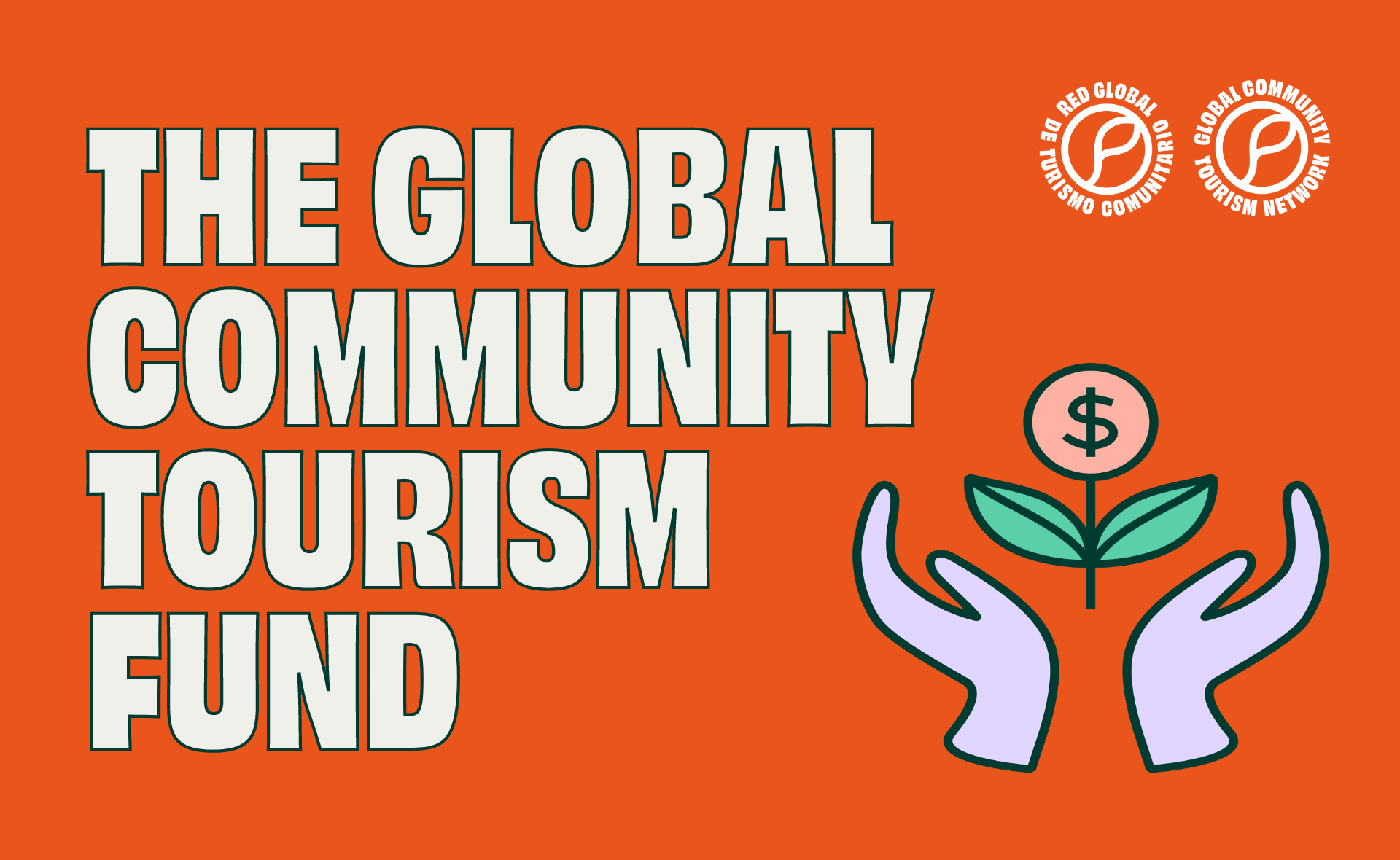
The Global Community Tourism Fund (GCTF) is one of Planeterra’s cornerstone initiatives to foster entrepreneurship and innovation for community tourism enterprises worldwide.
Through this program, Planeterra provides small grants of up to $3,000 USD to community tourism enterprises, along with community-specific training and mentorship. The GCTF aims to assist local entrepreneurs and communities in scaling up and improving existing tourism experiences.
We received numerous applications and our team was happy to read through the great proposals from our community partners all around the world.
Deciding on this year’s recipients was not easy, but after careful evaluation, Planeterra has selected 18 organizations. Keep reading to find out more about their inspiring work!
The Americas
Centro de Turismo Comunitario La Moya (Comuna La Moya, Chimborazo Province, Ecuador)
La Moya, an indigenous community of Puruhá heritage, is made up of 50 families who have found a way to increase their income by sharing their knowledge in medicine, gastronomy, customs, and traditions rooted in their culture and worldview.
Located 3,255 meters above sea level, in the heart of the Ecuadorian Andes, they offer unique tourism experiences that revolve around the sacred relationship between humans and the majestic Chimborazo mountain. Visitors have the opportunity to stay in their accommodations and explore the rich craftsmanship of the local women, who specialize in weaving camelid wool.
Through their work, La Moya also aims to raise awareness about the importance of preserving the páramo ecosystem, showcasing the harmonious coexistence between nature and their community.
Learn more about their work, here.
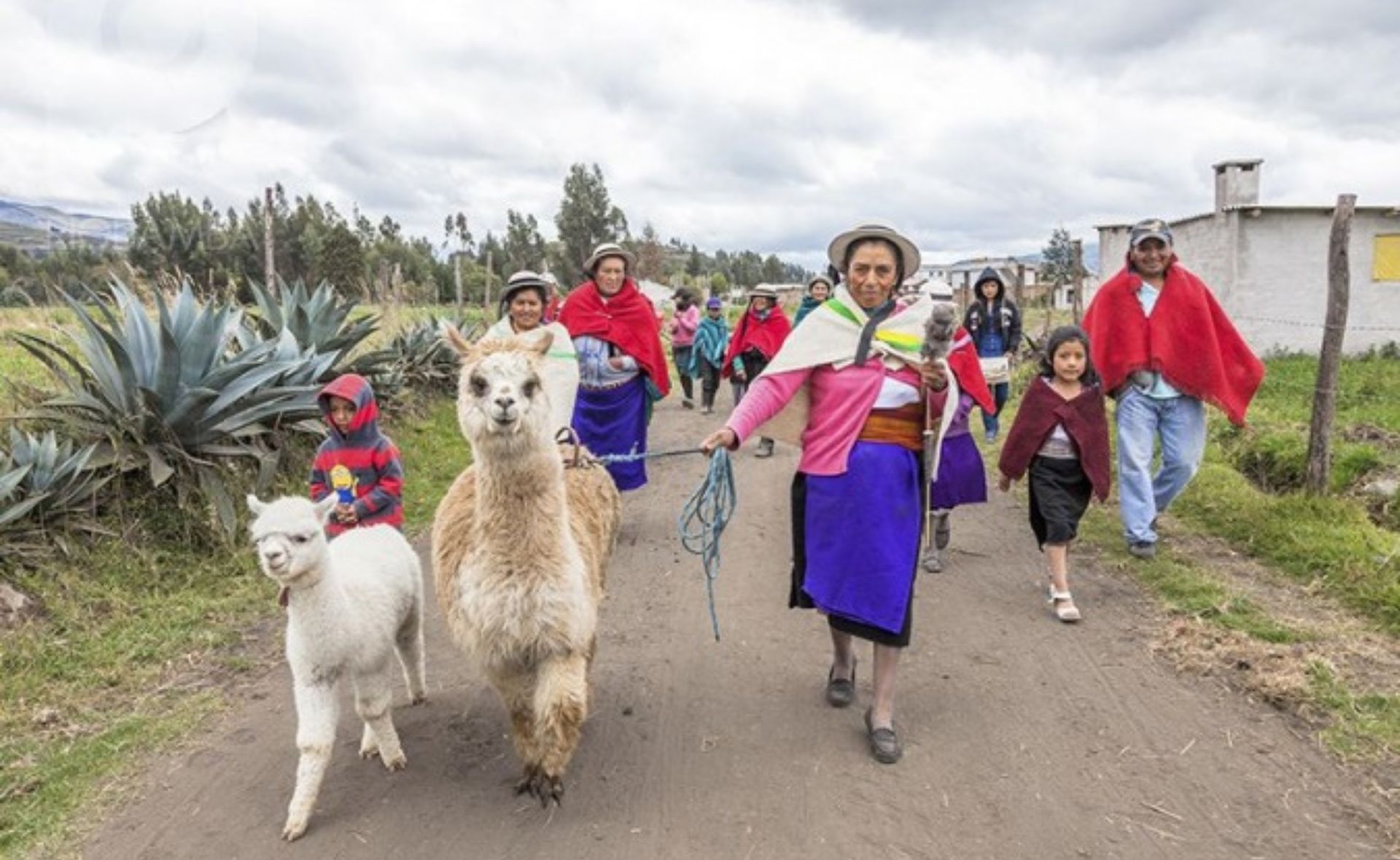
Asociación de Artesanas de Chorrera (Chorrera, Juan de Acosta, Colombia)
Asociación de Artesanas de Chorrera is a woman-led association of 130 artisans who specialize in crochet knitting, storytelling, and immersive experiences that invite travelers to, for example, “be an artisan for a day.”
They focus their work on preserving ancestral knowledge through their rich artisanal culture and community tourism initiatives.
They see tourism as a way to keep their traditions alive and through the fund, they seek to improve their current marketing material, including content for their website and social networks.
Learn more about their work, here.
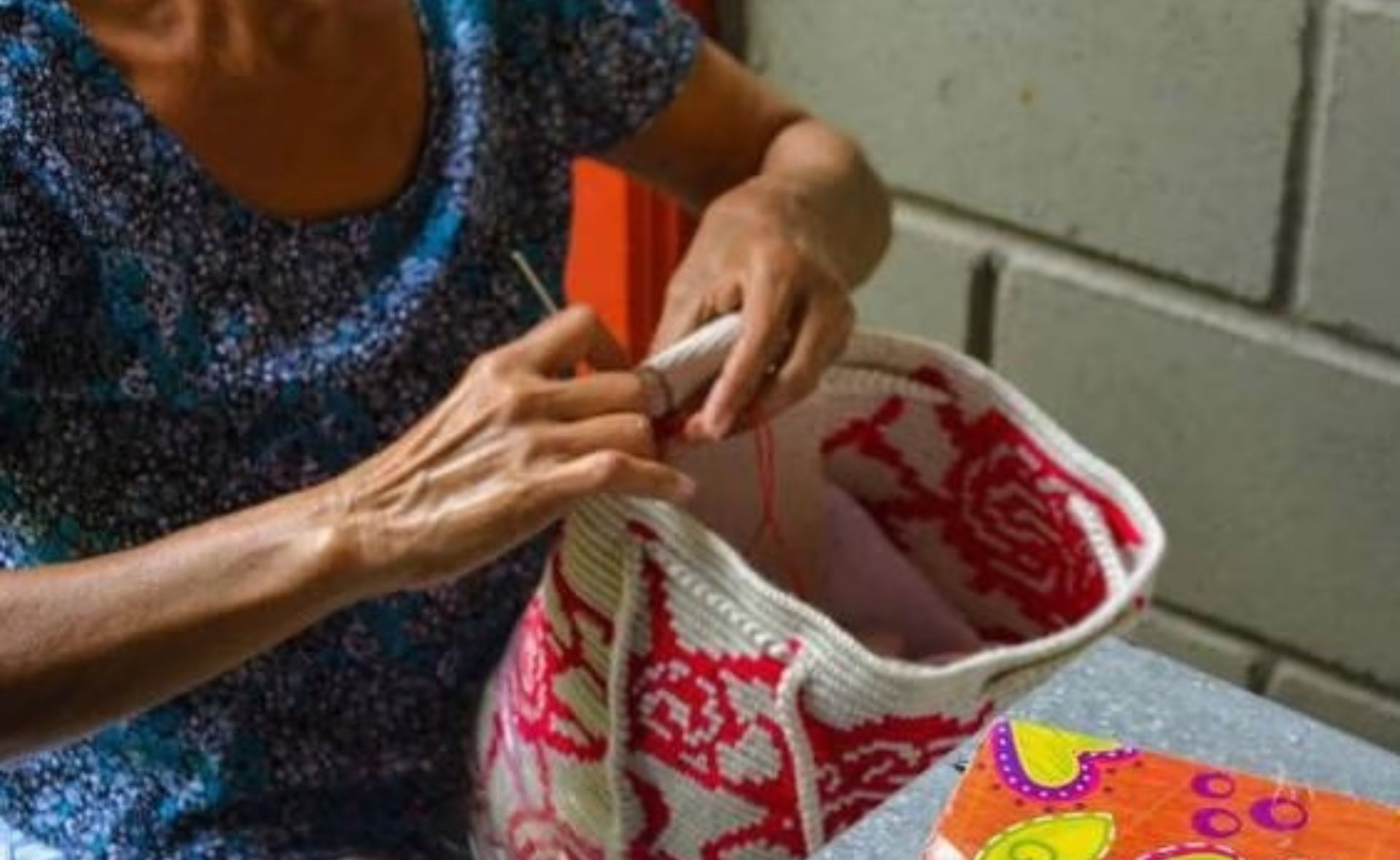
Cooperativa de Agroturismo Red de Turismo Campesino (San Carlos, Salta Province, Argentina)
The Rural Community Tourism Network Cooperative (Cooperativa Red de Turismo Campesino) was established in 2008. They sell handicrafts, agricultural products, and tourism services as a means to protect their cultural heritage.
This initiative is managed by 25 local families who are also small-scale producers from rural communities in the beautiful Calchaquí Valley.
Learn more about their work, here.
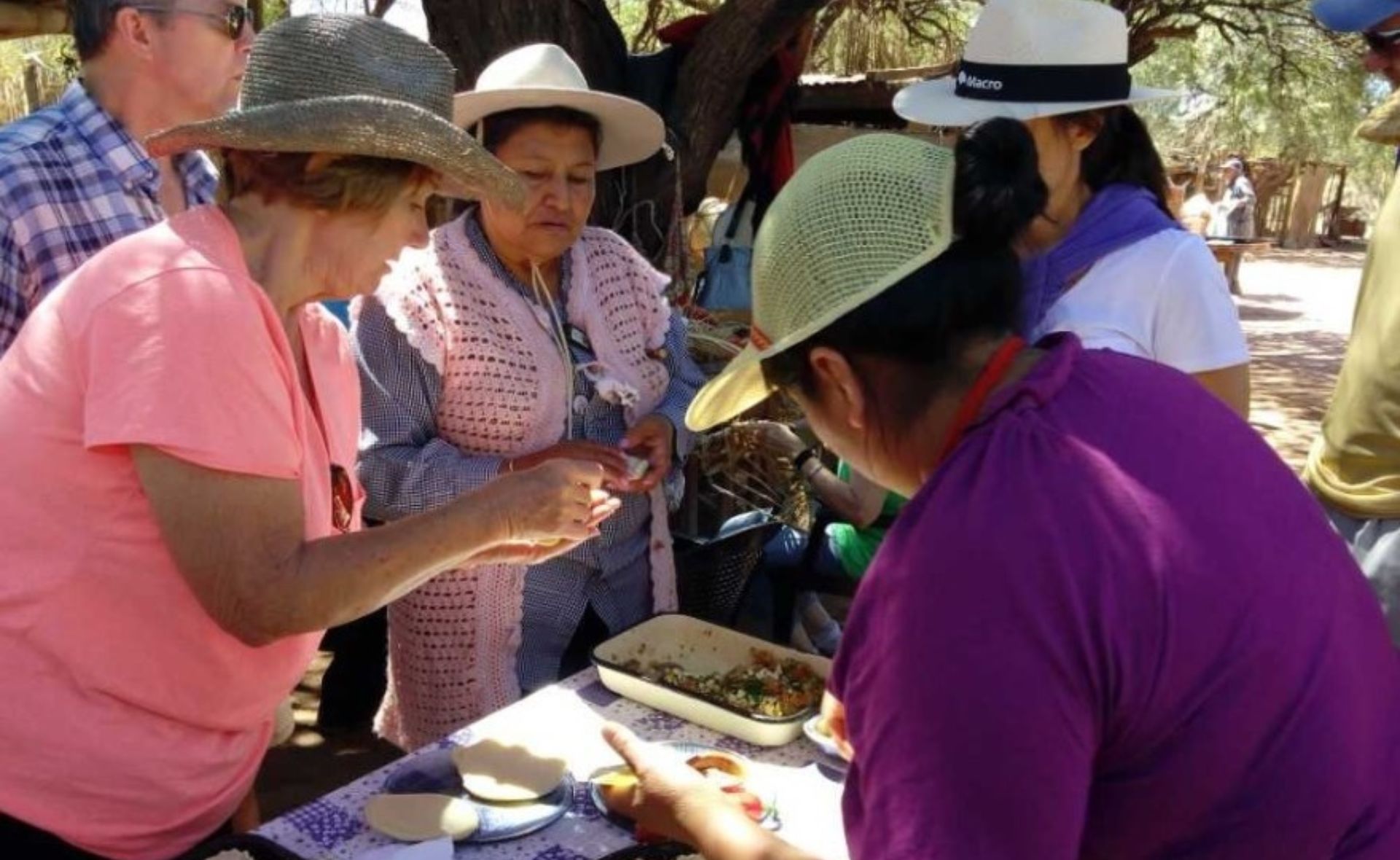
Asociación de Mujeres María del Mar Bocagrande (Tumaco, Nariño, Colombia)
Maria del Mar Bocagrande is a woman-led association that operates on a beach facing significant erosion challenges. Their main goal is to create economic alternatives for their community, especially for young single mothers.
They see tourism as a way to do so and therefore offer services such as river transportation, accommodation, meals, whale-watching tours and wellness activities.
Learn more about their work, here.
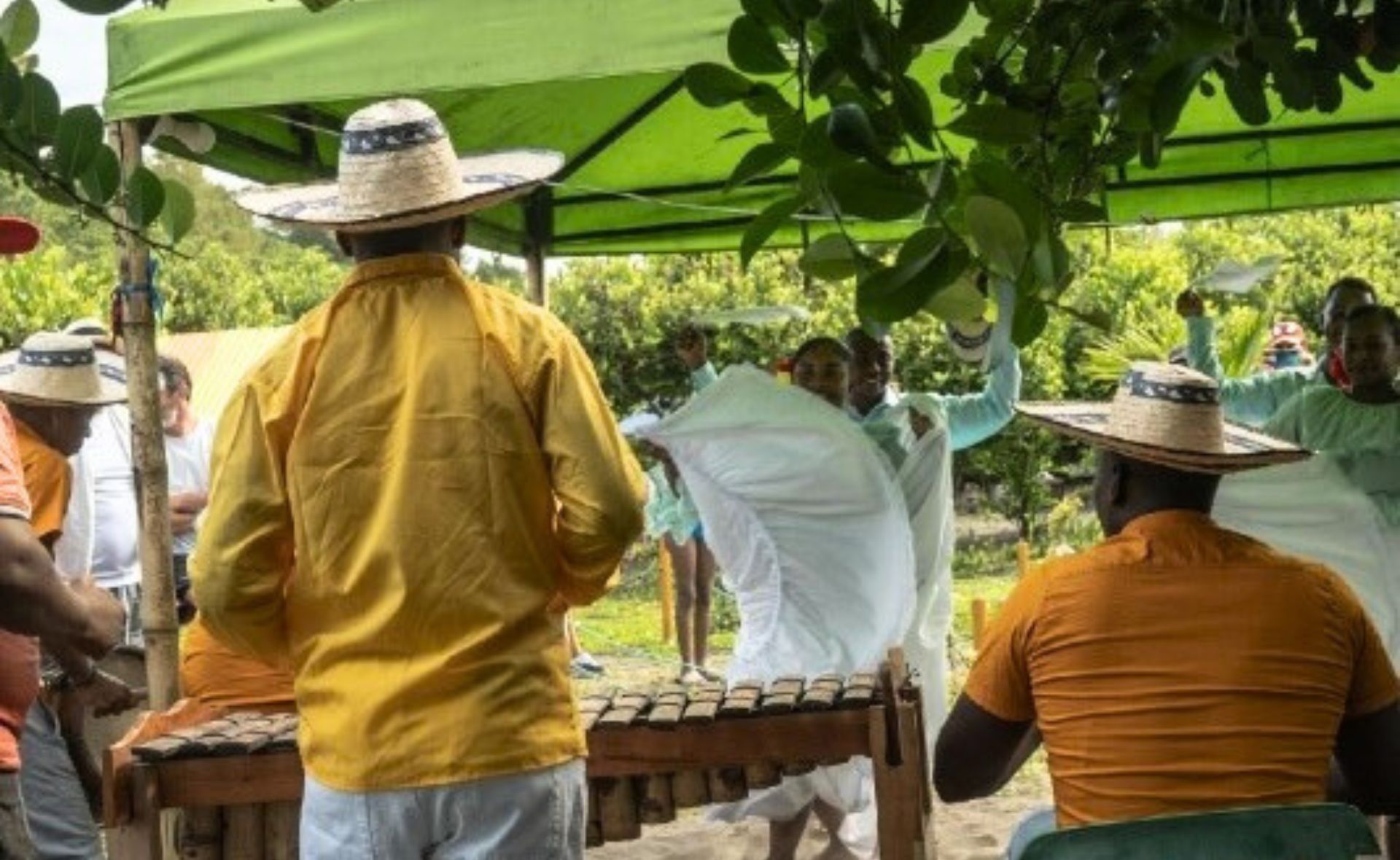
Sociedad de Turismo Comunitario Suni Uta Choquemarka (Suni Uta Choquemarca -Caripe Community, Sajama Province, Bolivia)
The Suni Uta Choquemarca – Caripe community is located in Bolivia’s first protected area, the Sajama National Park. One of the reasons they became a community organization was to generate economic opportunities and address the issue of youth migration.
Through their tourism initiatives, Suni Uta Choquemarca – Caripe has successfully provided permanent employment for five community members, contributing to the local economy and offering stability within the community. Their goals also include the conservation of natural resources.
Learn more about their work, here.
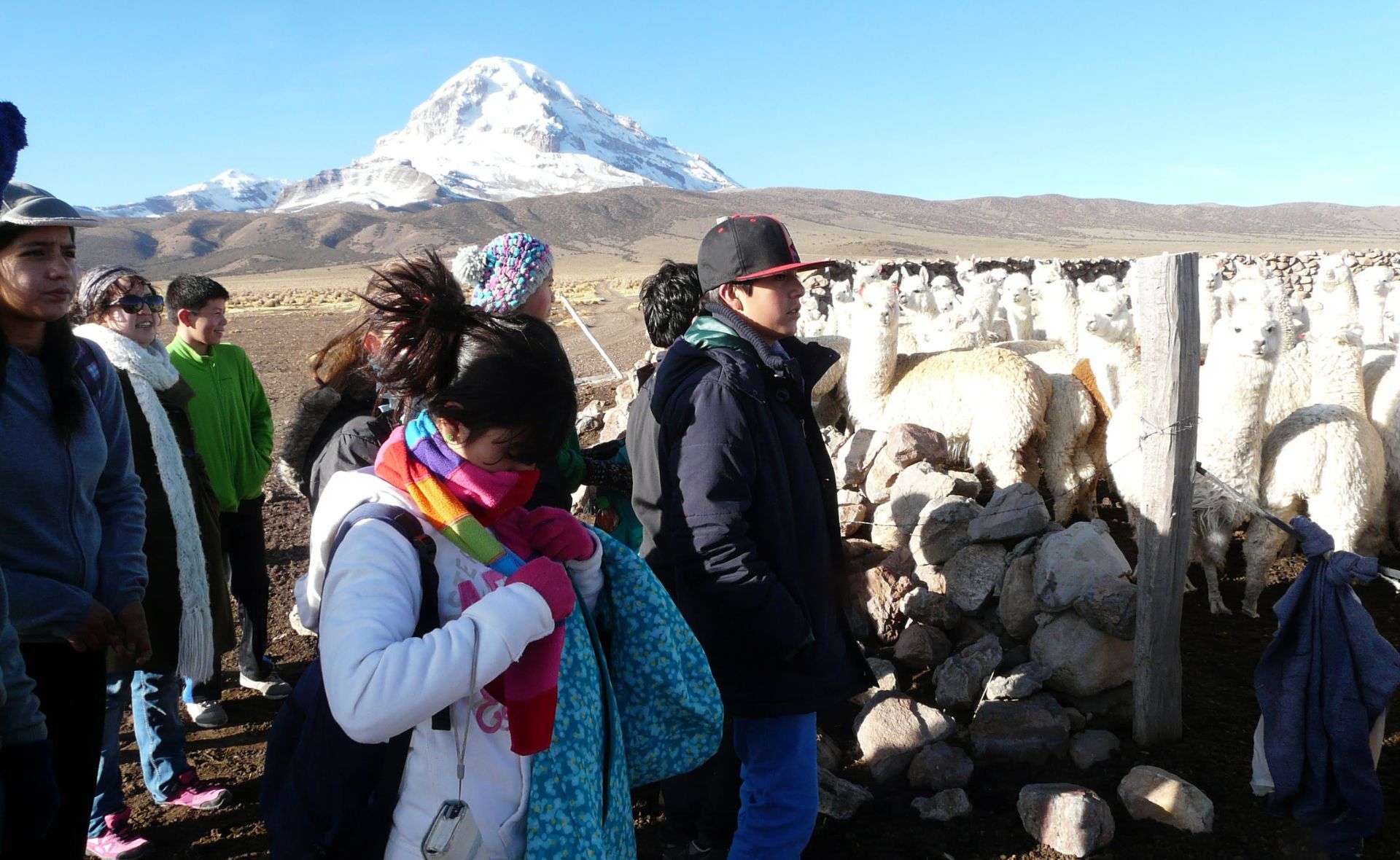
Jamao Eco Tours (Jamao Al Norte, Espaillat, Dominican Republic)
Jamao Eco Tours is a community project made up of twenty young community members from the Municipality of Jamao al Norte. They work to protect the local environment while creating sustainable opportunities through tourism so that other people can enjoy it as well.
This project is also supporting local community members to create economic independence.
Learn more about their work, here.
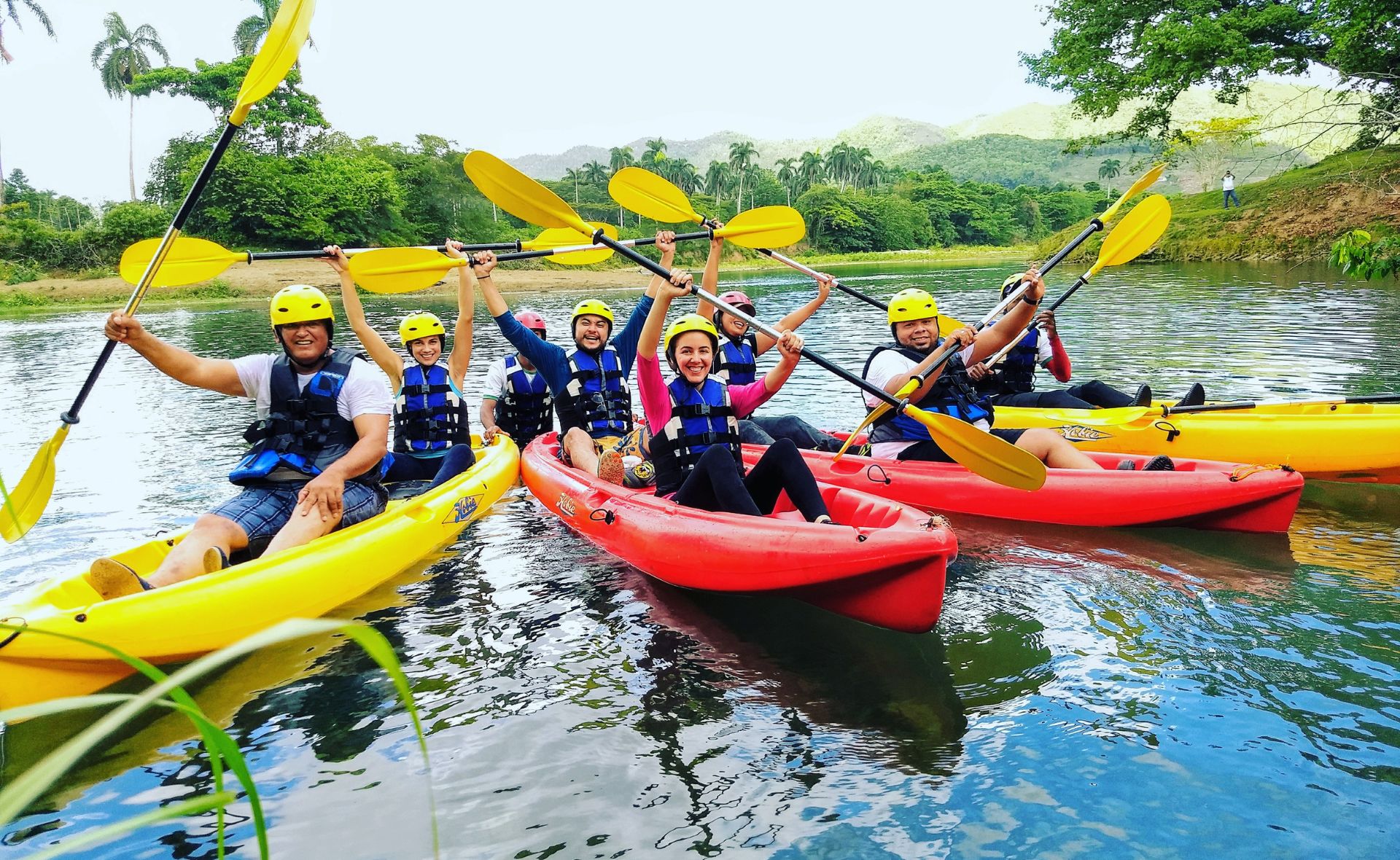
San Vicente Ecoturismo, Ambiomas org (San Joaquín Morelos, Tlalpujahua de Rayón, Michoacán, México)
San Vicente Ecotourism comprises a dedicated team of 15 individuals who are passionate about preserving the firefly ecosystem in the town of San Joaquín Morelos. Over the course of four years, they have been actively promoting nature tourism in the local forests. Their primary objective is to generate employment opportunities for the community and the surrounding regions.
Additionally, they collaborate with researchers to enhance their knowledge of the firefly species found in the area. Apart from captivating firefly-watching experiences, they also provide a range of activities including hiking, biking, and camping.
Learn more about their work, here.
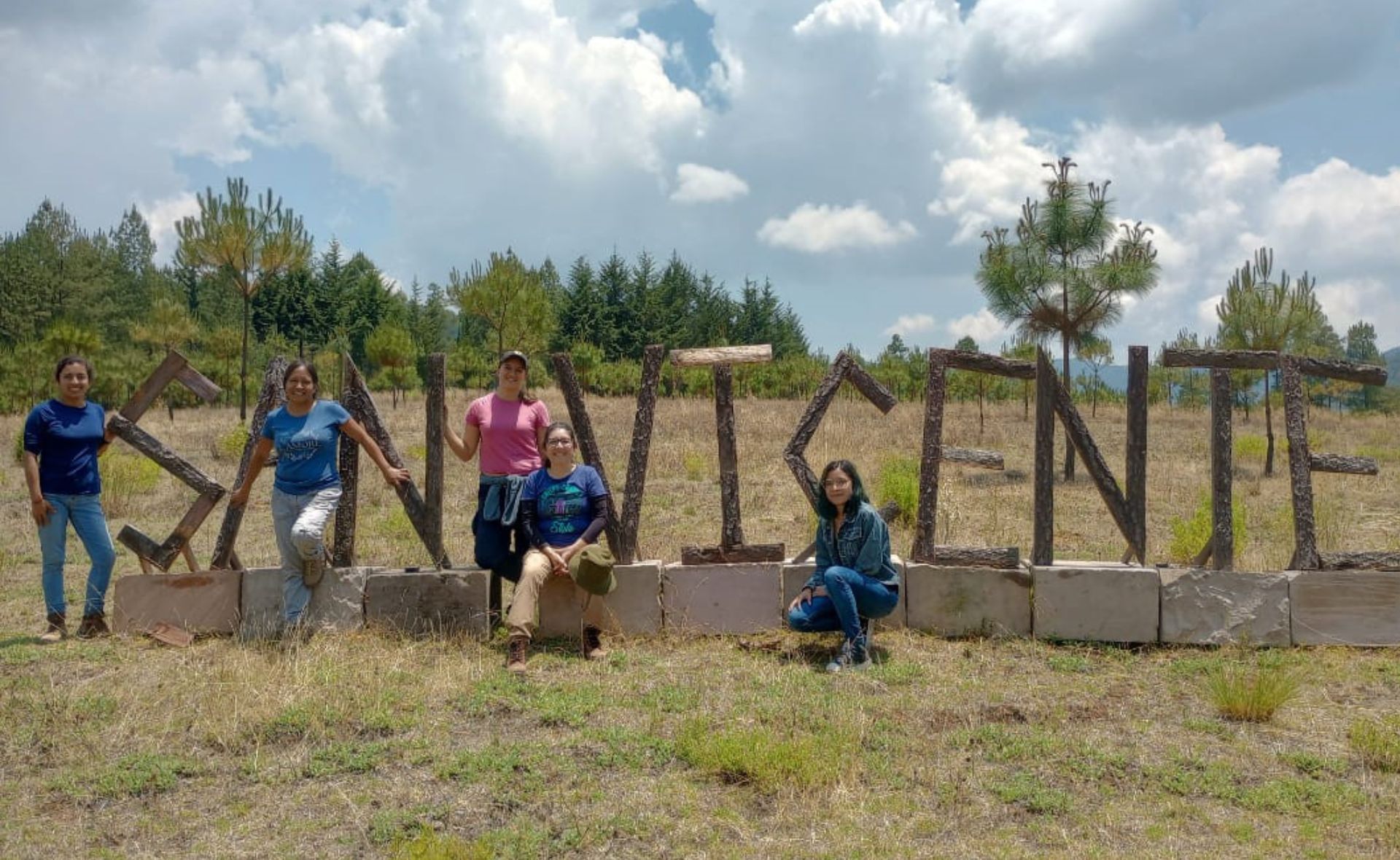
Asociación Turismo Rural Comunitario Kusy Kausay (Pongobamba Community, Cusco, Peru)
The Kusy Kausay Association is located just an hour away from Cusco, on the shores of Lake Piuray. The organization is made up of eight women and three men who offer a range of tourism experiences that include handicraft, agriculture and culinary demonstrations.
Additionally, they provide accommodation, guided hikes to explore the local flora and fauna and kayaking on the nearby lake. As part of their services, they also organize traditional Andean wedding ceremonies.
Learn more about their work, here.
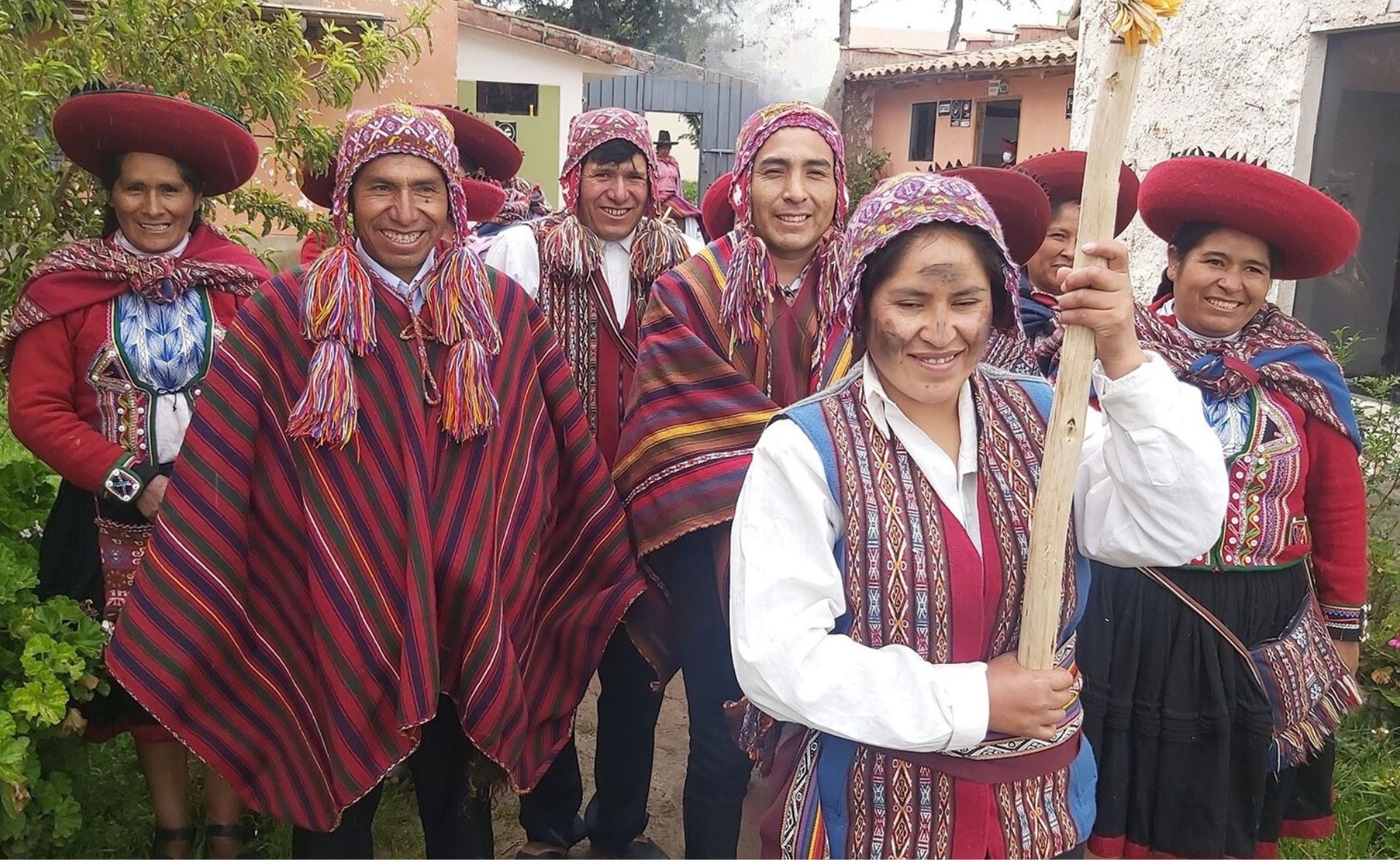
Africa, the Middle East, and Europe (AMEE)
Train & Travel with Women For Africa (Abidjan, Cote d’Ivoire)
Train & Travel is a local non-profit organization in Côte d’Ivoire that provides women with the opportunity to engage in tourism through training courses.
Bénédicte, the founder of Train & Travel, has established a niche as a capacity developer, empowering communities to offer innovative solutions that generate income through tourism.
Since 2017, the non-profit has successfully trained more than 138 young women, enabling them to pursue careers or invest in community tourism.
Learn more about their work, here.
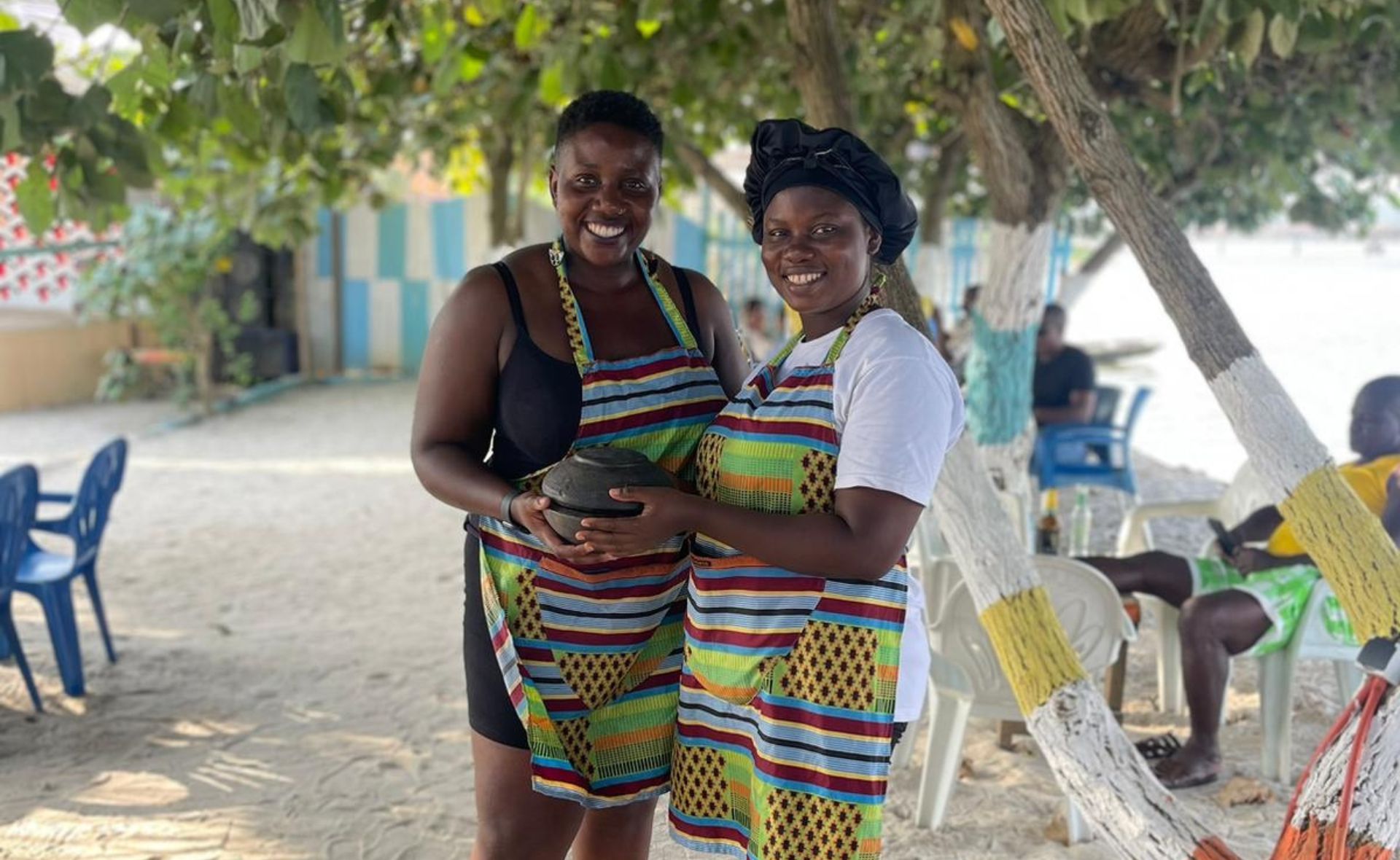
Tribal Textiles (Mfuwe, eastern Province, Zambia)
Tribal Textiles is a social enterprise dedicated to making a sustainable impact through creativity and craftsmanship. Located in the remote region of South Luangwa, Zambia, they work with local artisans to create ethically handcrafted home décor pieces inspired by Africa’s rich heritage.
From sourcing to production, each piece they create is thoughtfully designed and made by hand, striving to minimize their environmental impact by using sustainable locally sourced materials and repurposing waste.
Learn more about their work, here.
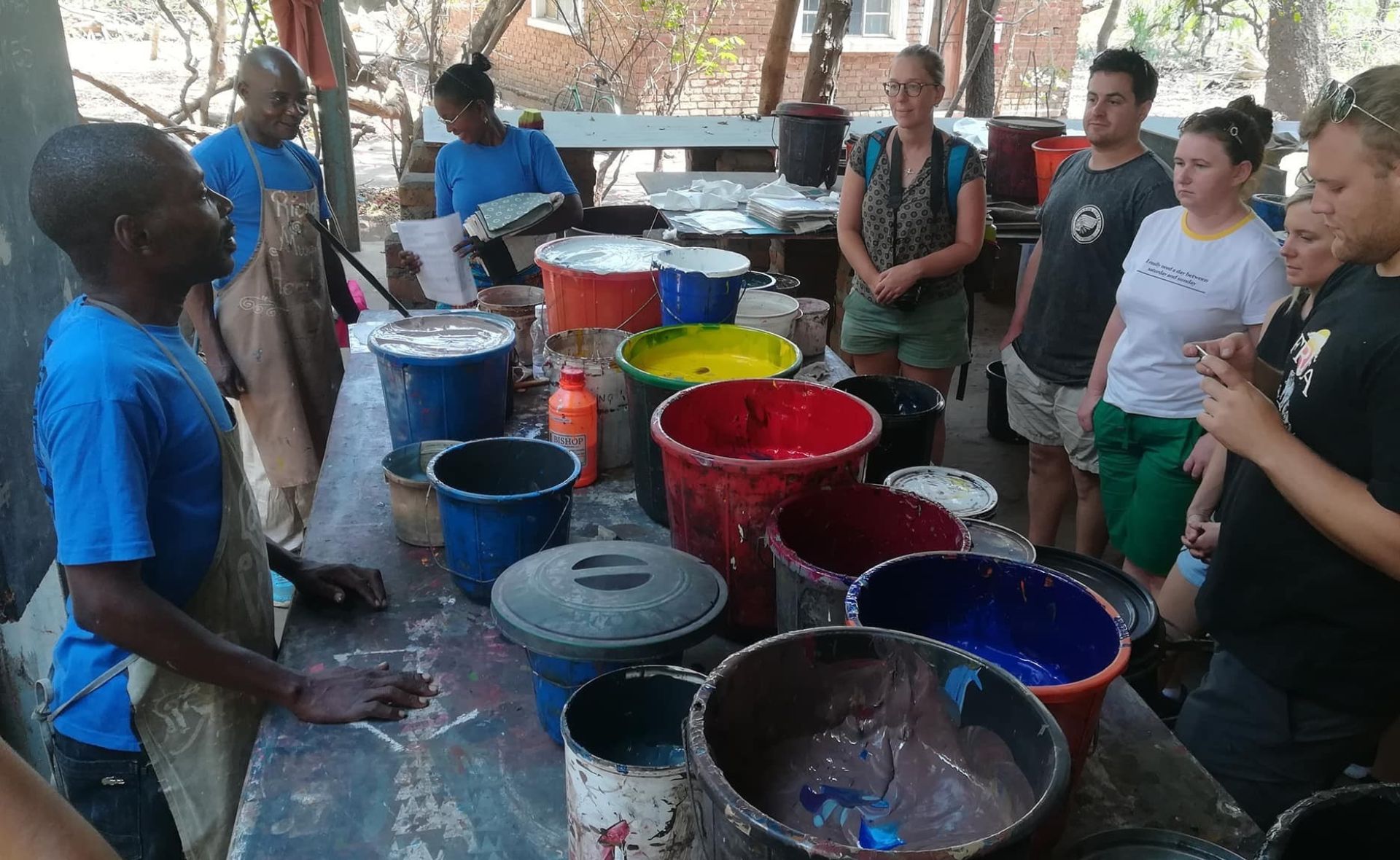
Muhabura Cultural Experience and Craft Centre (Koranya village, Muramba sub-county, Kisoro district – Uganda)
Muhabura Cultural Experience and Craft Centre is a community tourism initiative from Raising the Artisans Co. Ltd. Their mission is to actively engage the local communities surrounding the Mgahinga Gorilla National Park and the northern region of the Bwindi Impenetrable National Park.
Muhabura Cultural Experience and Craft Centre work showcases the incredible talents and skills of local artisans who create exquisite woven baskets, mats, and other handicrafts, local farmers who produce products like coffee, and knowledgeable cultural and local guides who lead tourists on immersive journeys into the heart of their community.
Learn more about their work, here.
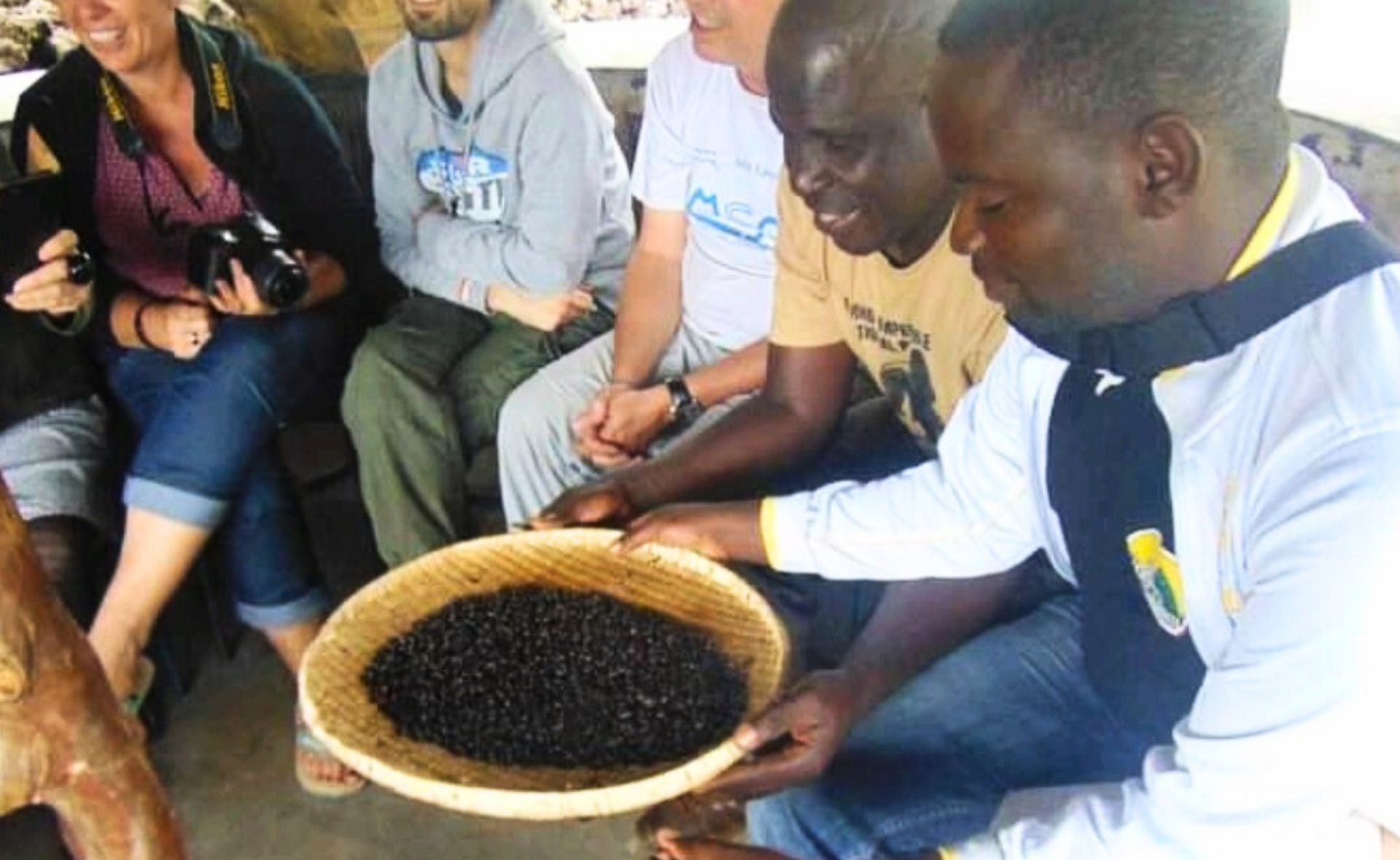
Red Rocks Rwanda (Nkotsi Sector, Musanze District, Northern Province-Rwanda)
Red Rocks Rwanda is not just an ecotourism company; it is a social enterprise dedicated to community empowerment and sustainable tourism through community and conservation programs.
Through their work, they involve underprivileged communities, like women and youth, in the tourism supply chain, supporting their development and self-sufficiency.
Red Rocks Rwanda empowers these communities through various projects and initiatives, such as providing employment opportunities and training in creative artwork through youth artisan cooperatives.
Additionally, they assist these communities in selling their artwork in urban trading centers, marketing their products, and connecting them with microfinance opportunities.
Learn more about their work, here.
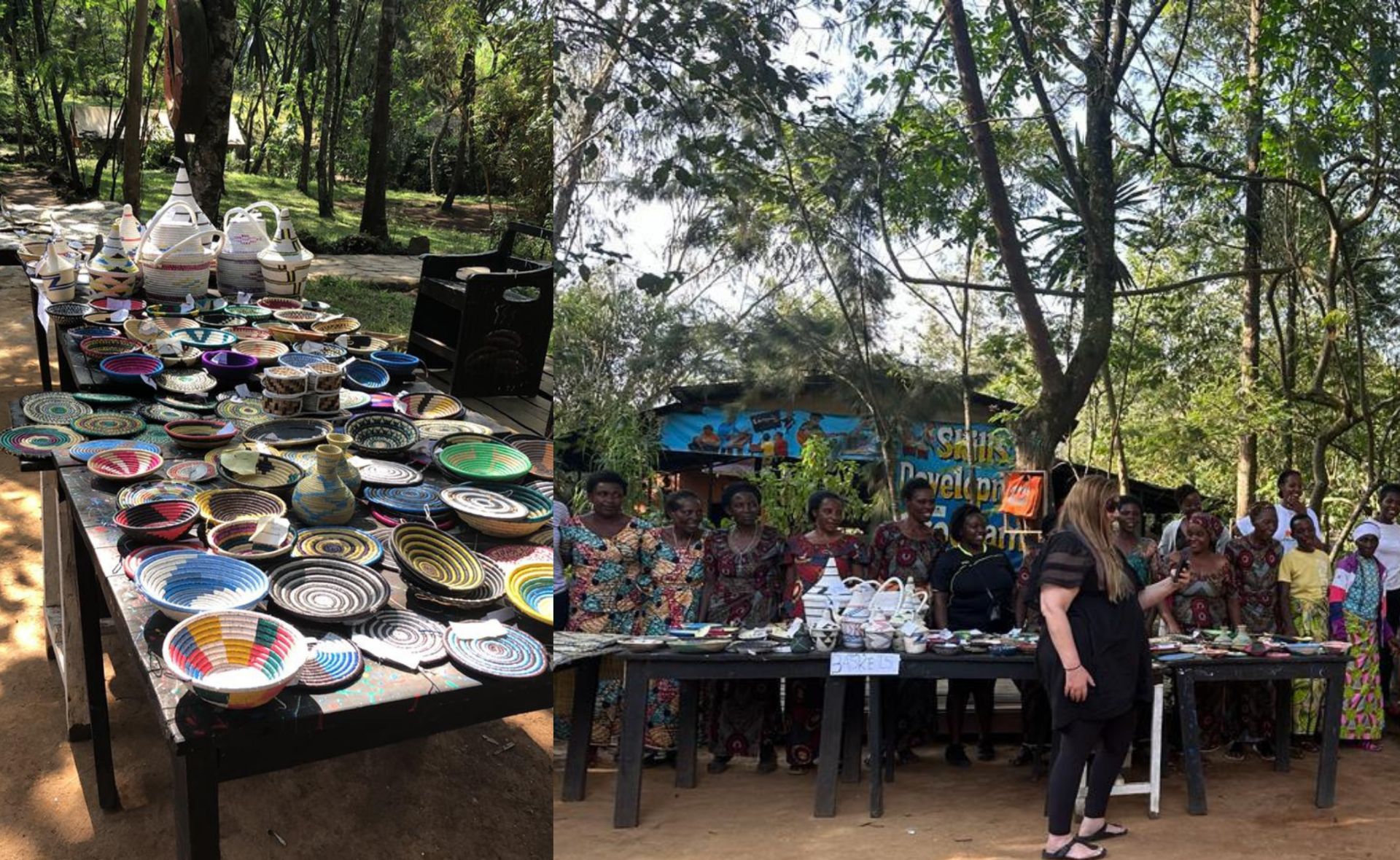
Asia-Pacific
Tenacious Bee Collective (Badsar Village, Himachal Pradesh, India)
Tenacious Bee is a movement dedicated to reviving, preserving, and promoting beekeeping as a sustainable source of income in rural areas.
Over the past five years, they have developed a model that fosters a circular economy, focusing on small-scale beekeeping in their adopted village in the Kangra district of Himachal Pradesh.
Through this initiative, they have not only created new and exciting employment opportunities for women in the village but also showcased the ecological and economic benefits of transitioning to permaculture farming practices on their small plots of land.
In parallel, they have established a range of services that revolve around the maintenance of traditional beehives and the cultivation of private apiaries, specifically centered on native bee species.
Learn more about their work, here.
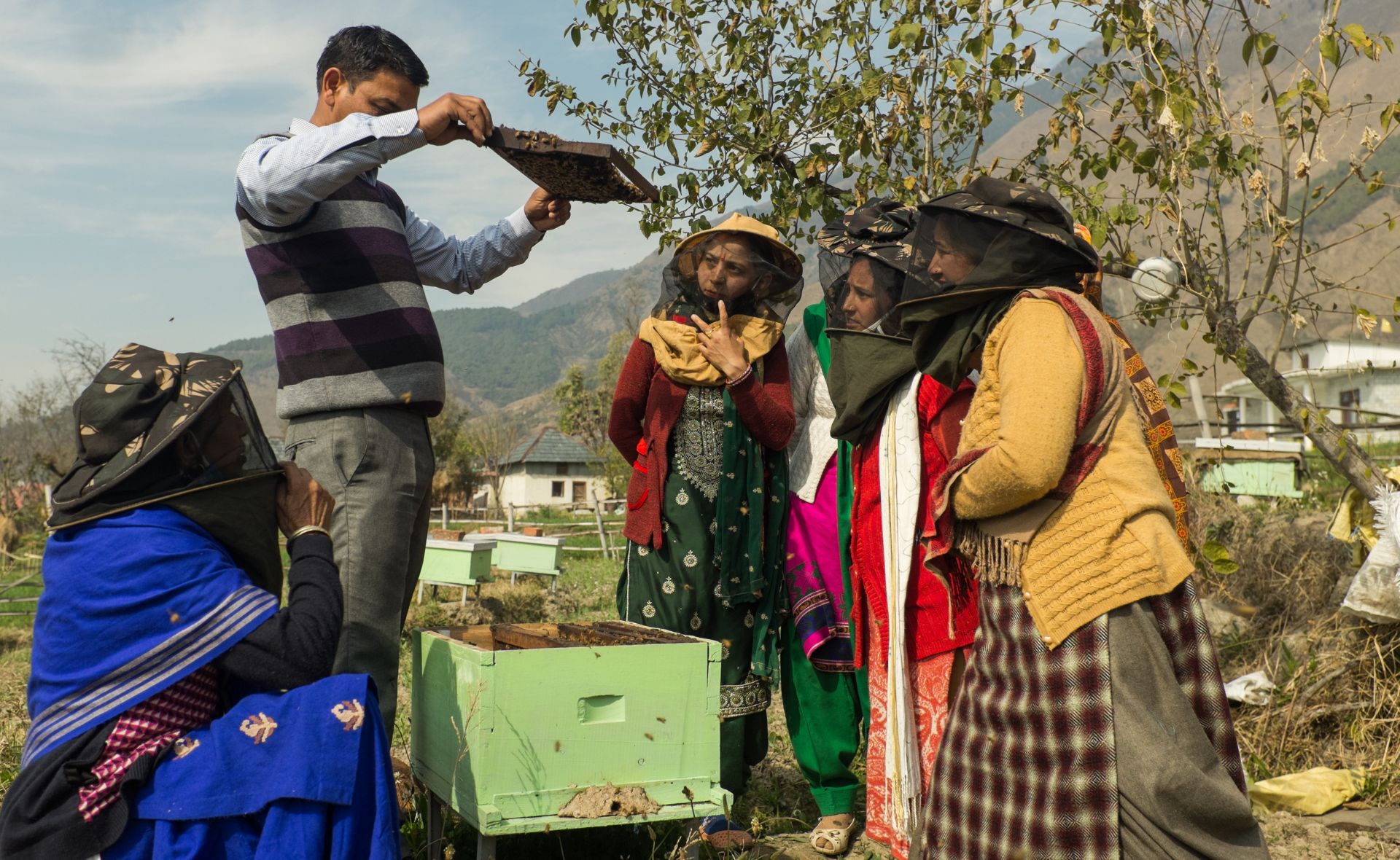
Odisha Ecotourism Foundation (Desia Village, Koraput, Odisha, India)
The Odisha Ecotourism Foundation is dedicated to empowering and conserving nature through the promotion of ecotourism. They firmly believe that ecotourism can serve as a powerful tool for both empowering local communities and protecting the environment.
Their work encompasses various projects, including the management of two community-based eco-lodges in the remote tribal areas of the Koraput Valley, known as Title DESIA.
Learn more about their work, here.
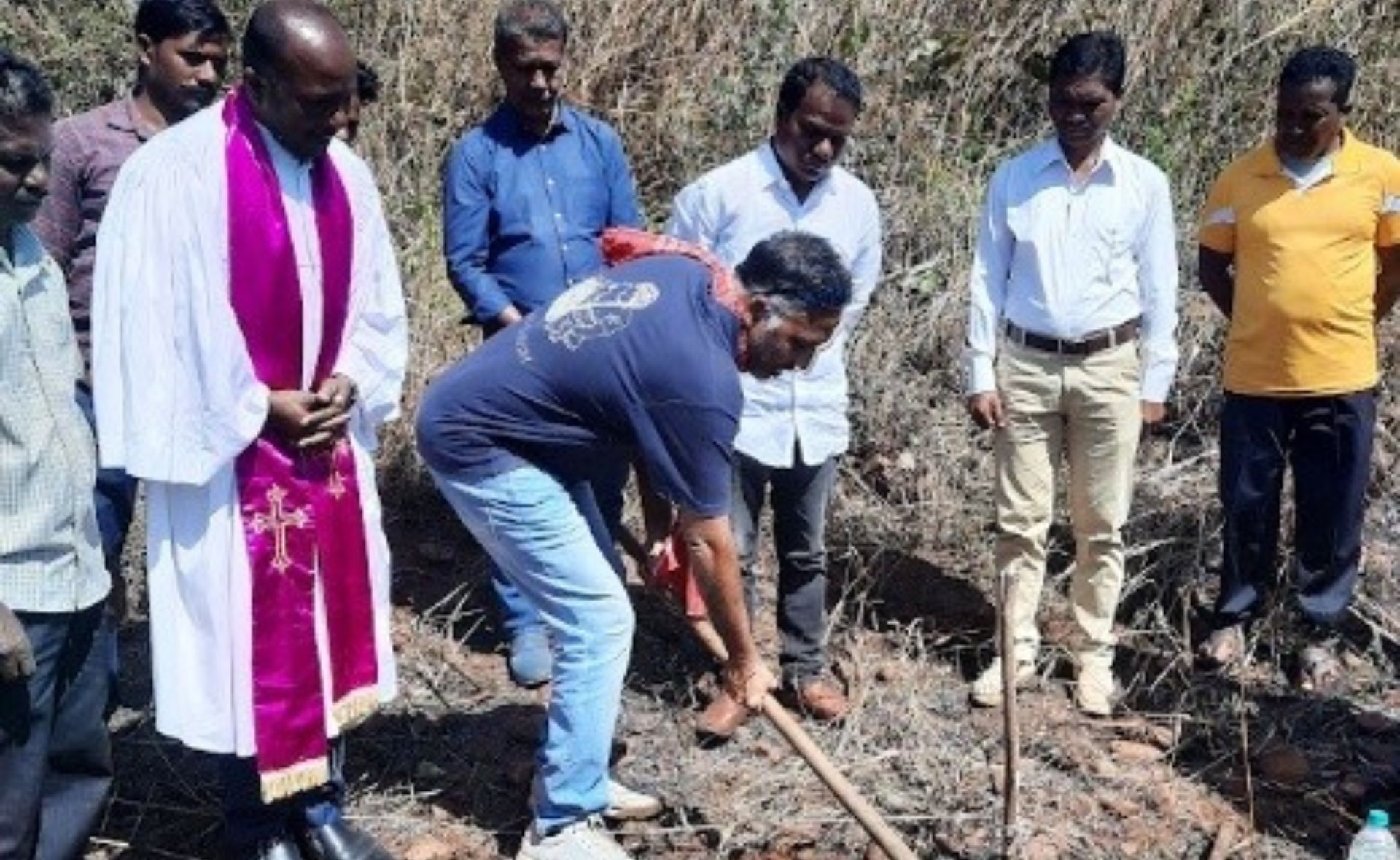
North Andaman Network Foundation – Kao Thep Pitak (Kuraburi, Phnag Nga, Thailand)
The North Andaman Network Foundation (NAN) is a collaborative group comprising dedicated locals, activists, and development experts.
With more than a decade of grassroots experience in Thailand, their work spans various areas, including tsunami relief, conservation efforts, community-based tourism, education, and human rights advocacy.
Learn more about their work, here.
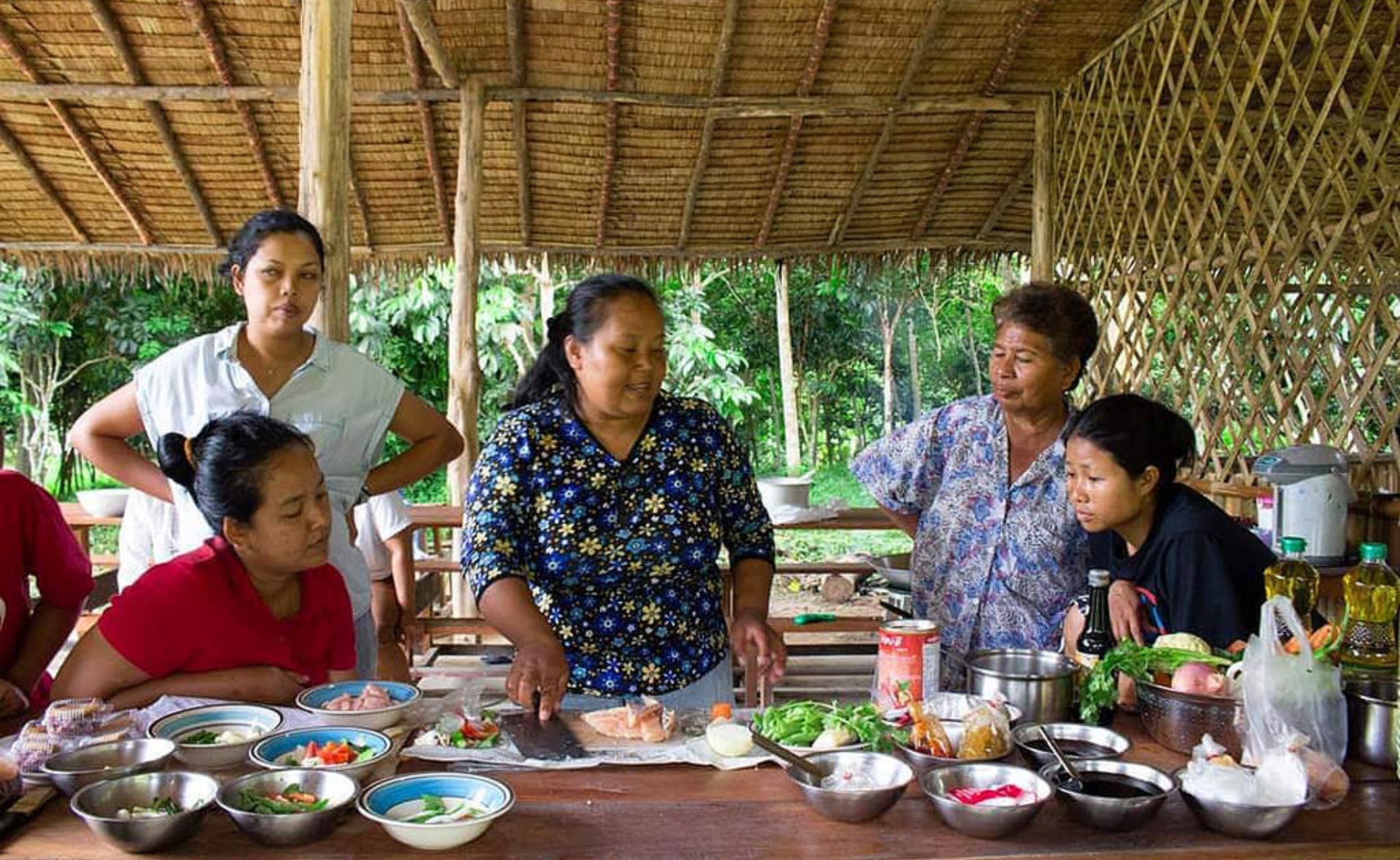
SPOONS Cafe Restaurant (Siem Reap, Cambodia)
SPOONS is a versatile training facility and community space with a mission to benefit students, the local community, and NGO partners in Cambodia.
Their restaurant not only offers delicious meals but also serves as a platform for training programs that support disadvantaged youth.
They allocate 50% of the restaurant’s profits exclusively to these training initiatives, while the remaining 50% is set aside in a reserved capital fund at SPOONS. Their primary goal is to preserve the unique dishes of Cambodia’s traditional cuisine.
Learn more about their work, here.
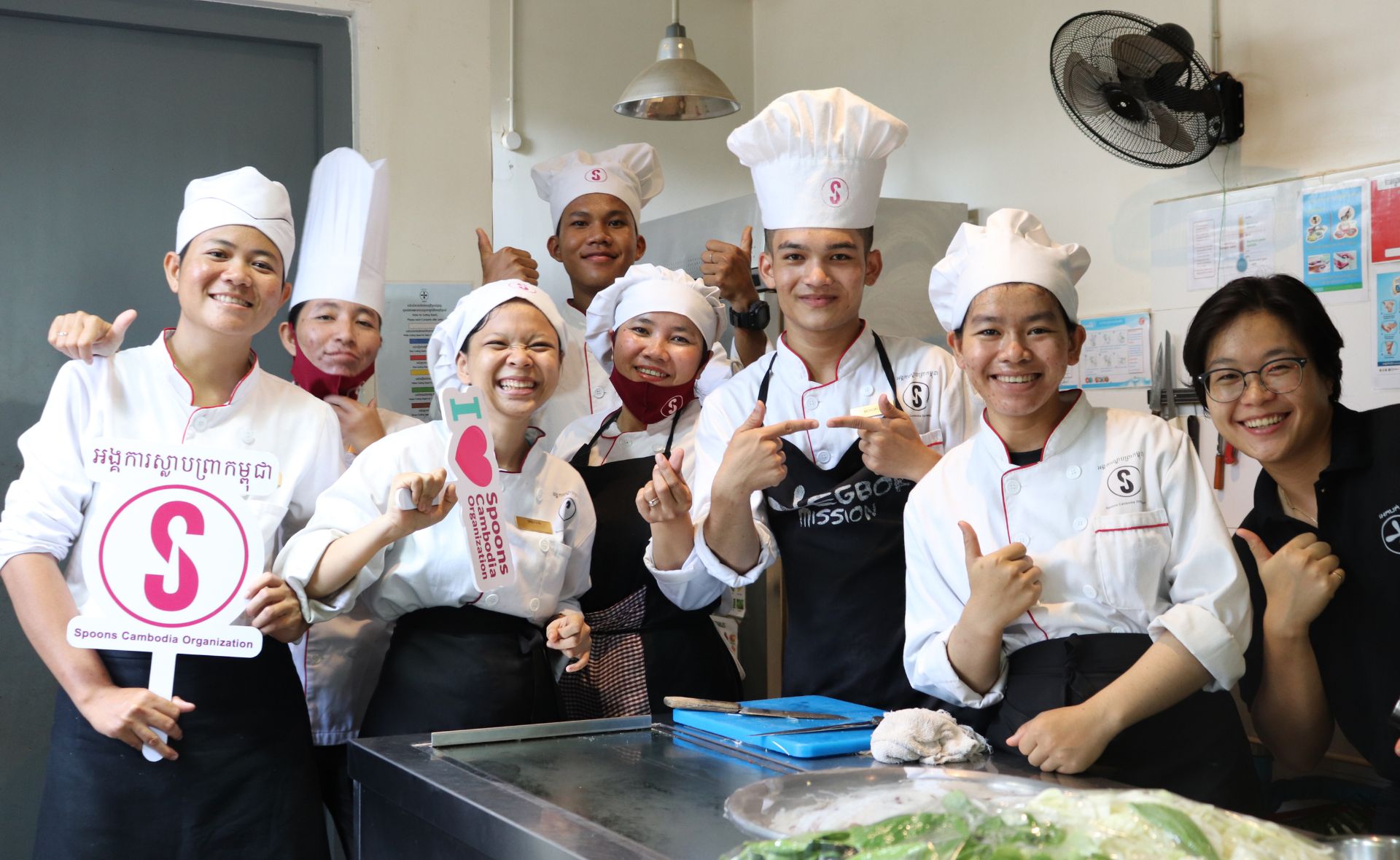
Sharing Seeds (Sarangkot, Pokhara Nepal)
Sharing Seeds is a not-for-profit social enterprise whose mission is to empower local farmers by providing knowledge and resources to cultivate organic Arabica coffee and practice organic beekeeping.
Additionally, they offer village women opportunities to create sustainable, recycled handicrafts using hemp fabrics, enabling them to achieve economic independence.
In many Nepali villages, numerous community members seek a better quality of life by migrating to other countries. Unfortunately, they often find themselves engaged in risky jobs for minimal income, with some even losing their lives due to harsh working conditions.
At Sharing Seeds, they are dedicated to reversing this trend by inspiring and motivating local youths and rural women to embrace sustainable cash crop farming and engage in income-generating activities within their own villages.
Learn more about their work, here.
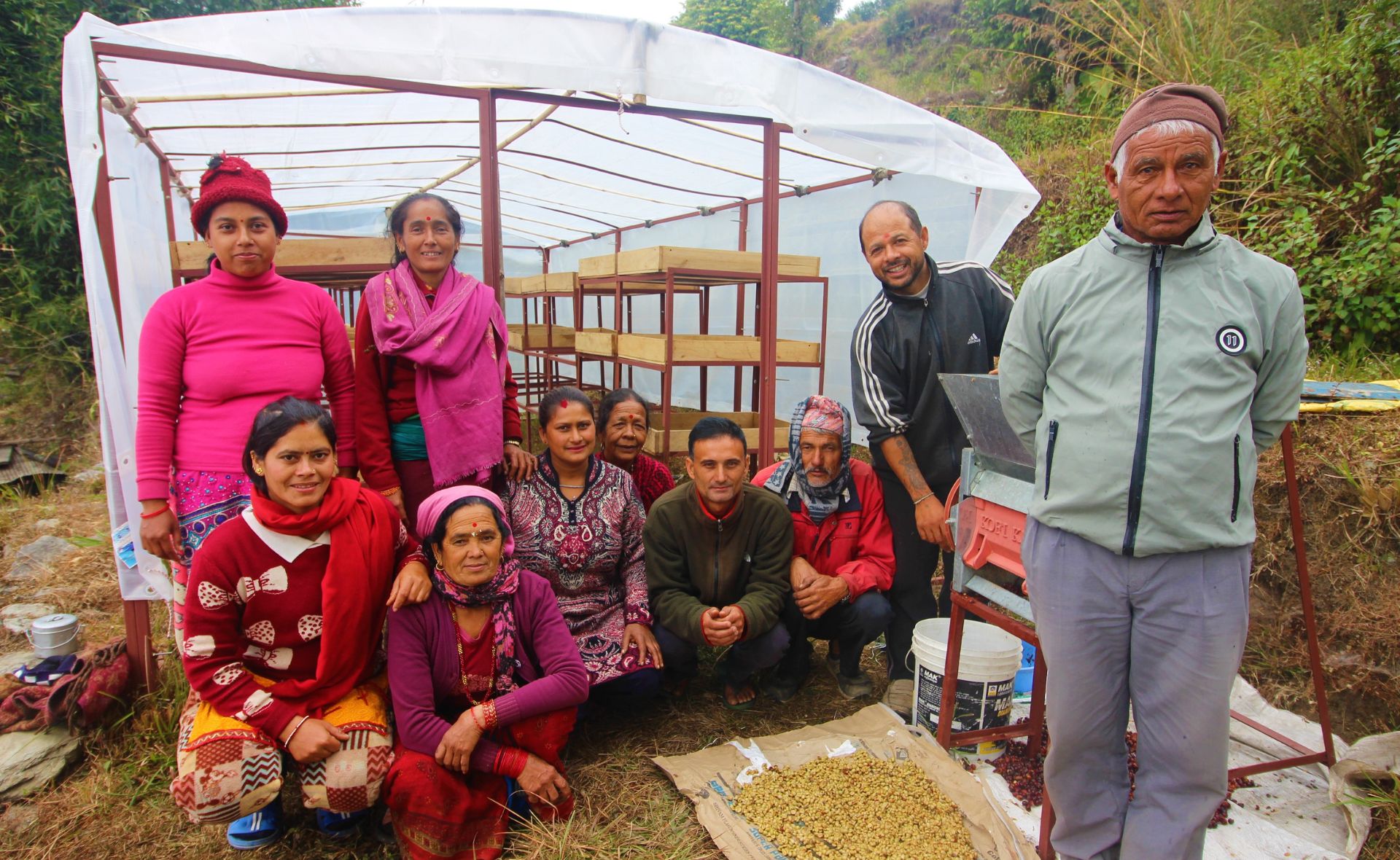
Barauli Community Homestay (Kawaswoti Municipality, Godar)
Barauli Community Homestay is a traditional Tharu community homestay located in the village of Barauli near Chitwan, managed by local women.
They provide travelers with a unique opportunity to engage with the community and gain insight into their way of life.
They also offer wildlife-focused activities in the nearby community forest. The homestay compound includes tended gardens and farmyard animals, providing a peaceful retreat when not participating in activities.
Their culinary offerings showcase locally-sourced ingredients, providing a true taste of the region.
Learn more about their work, here.
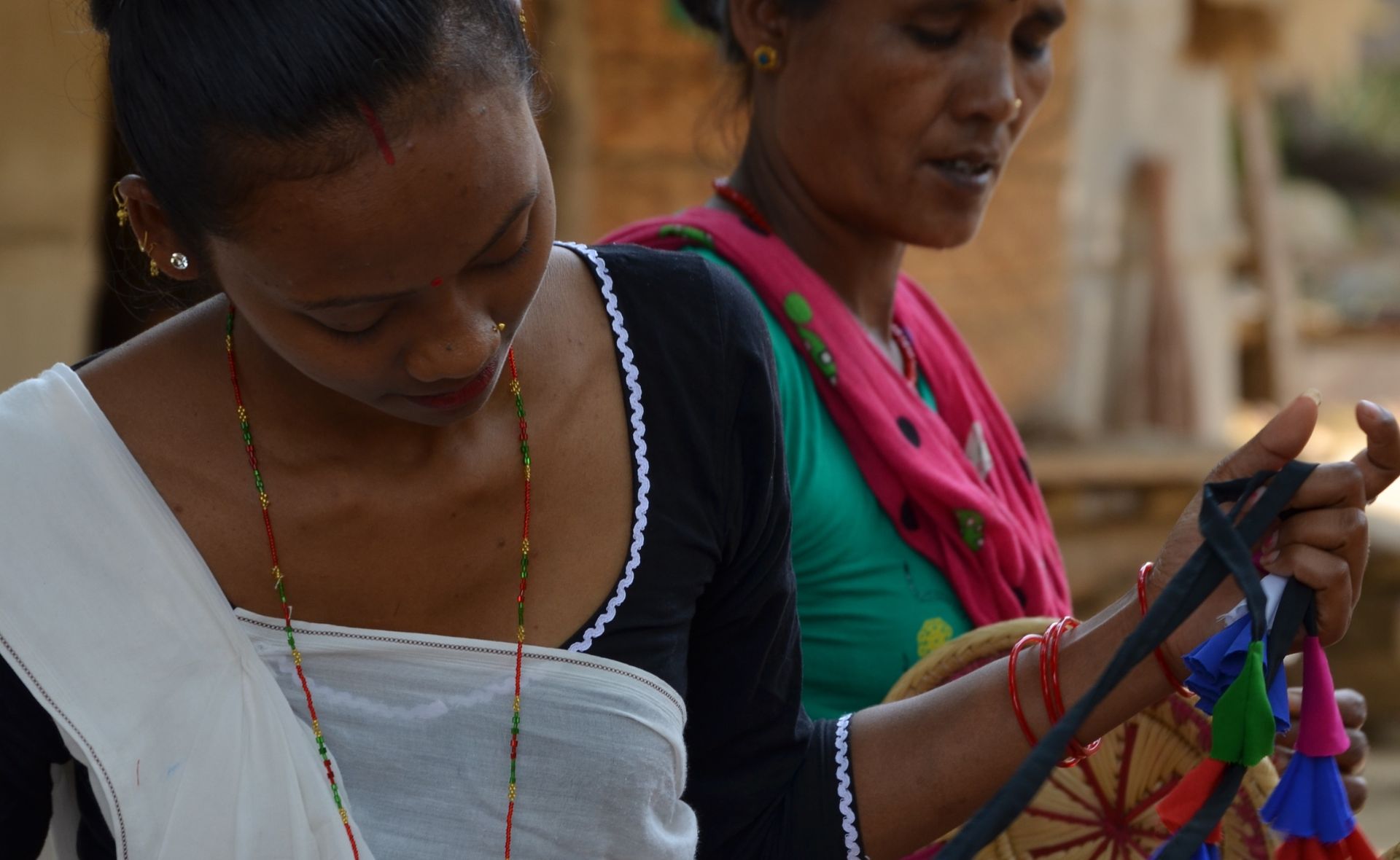
As you can see, tourism plays a vital role in these organizations’ efforts to keep their culture alive, celebrate their traditions and safeguard the places they call home; and through the GCTF, Planeterra strides to amplify their impact for years to come.
Help Planeterra empower more communities through the Global Community Tourism Fund, click here to make a donation.


Post a comment